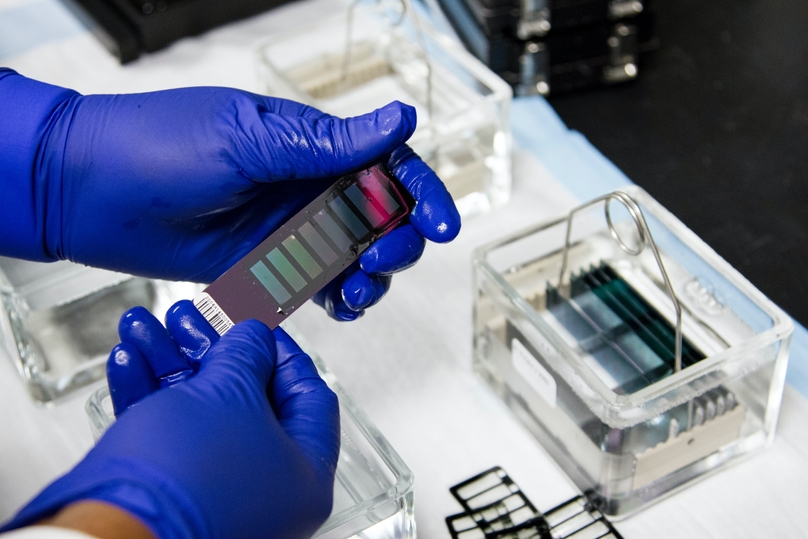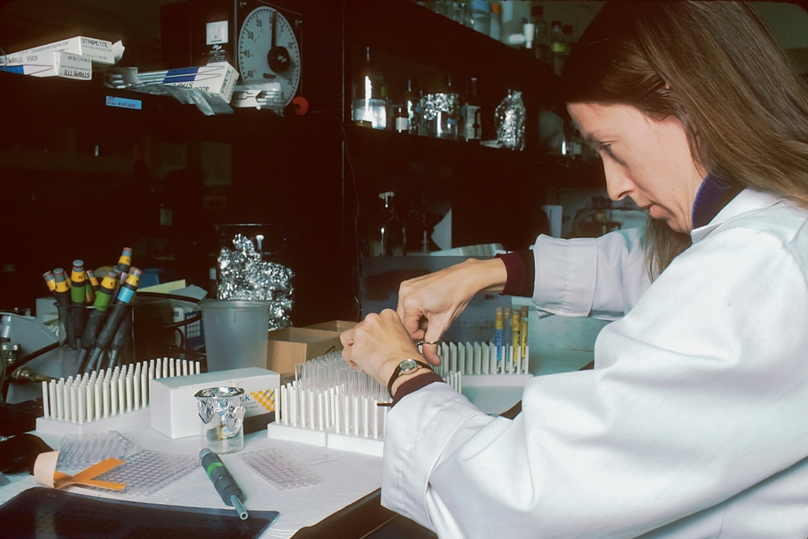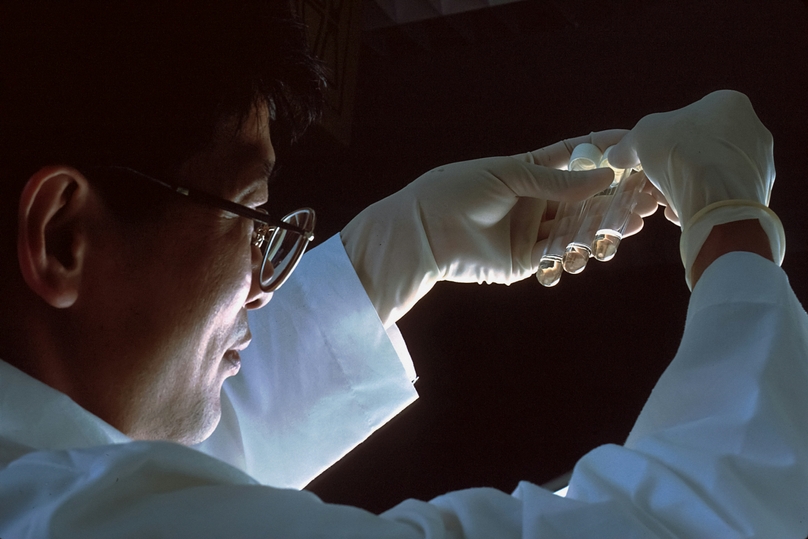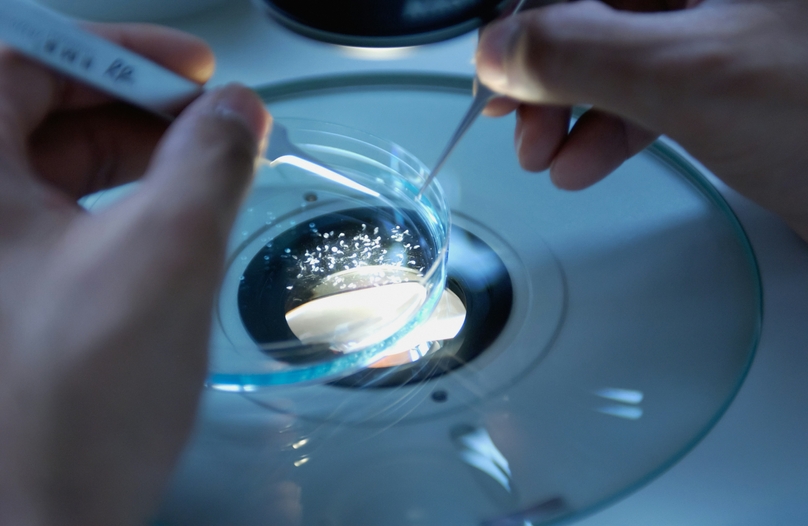In the fast-paced world of laboratory operations, efficiency and accuracy are crucial for maintaining high-quality standards and meeting project deadlines. Integrating task automation with workflow and project management emerges as a game-changing approach to optimizing laboratory quality management systems. Task automation involves the use of technology and software to automate repetitive and time-consuming tasks, streamlining processes, and empowering researchers and scientists to focus on critical tasks.
In this article, we delve into the advantages of task automation and how its seamless integration with workflow and project management fosters productivity, reliability, and success in laboratory operations.
Streamlining Laboratory Workflows
Task automation plays a pivotal role in streamlining laboratory workflows, ensuring smooth and efficient operations. By automating routine tasks such as data entry, result calculations, and report generation, laboratories can reduce manual errors and increase productivity. Researchers can devote more time to critical tasks, data analysis, and research activities, ultimately contributing to higher-quality outcomes.
Automated workflows enable better coordination among team members, as tasks are systematically assigned and tracked within the software. This enhanced coordination fosters collaboration and ensures that research projects progress seamlessly, meeting timelines and project milestones effectively.
Enhancing Project Management Efficiency
Integrating task automation with project management empowers laboratories to enhance efficiency and achieve project objectives more effectively. Automated task assignments and tracking facilitate better project planning and resource allocation. Researchers and project managers can monitor progress in real-time, identify bottlenecks, and make informed decisions to ensure projects stay on track.
Automated project management tools often come with customizable dashboards, allowing stakeholders to view project status, timelines, and key performance indicators at a glance. This level of visibility and transparency ensures that all team members are on the same page and fosters a collaborative and accountable work environment.
Ensuring Data Integrity and Accuracy
Data integrity is paramount in laboratory research, as it underpins the reliability of scientific findings. Task automation reduces the risk of manual data entry errors, ensuring that data is consistently and accurately recorded. Automated data handling also minimizes the chances of data duplication and ensures that all information is up-to-date and easily accessible.
Moreover, task automation can include built-in validation checks, ensuring that data meets predefined criteria before being processed or analyzed. This validation step contributes to data accuracy and enhances the overall credibility of research outcomes.
Improving Resource Utilization
Task automation optimizes resource utilization in laboratory settings. By automating routine tasks, laboratories can allocate human resources more strategically. Researchers and scientists can focus on tasks that require their specialized expertise, while repetitive and time-consuming tasks are efficiently handled by automation.
Moreover, task automation software often provides valuable insights into resource allocation and usage. These analytics help laboratory managers make data-driven decisions, leading to improved resource planning and allocation in future projects.
Task automation integrated with workflow and project management revolutionizes laboratory quality management systems, empowering laboratories to achieve efficiency, accuracy, and success. By streamlining workflows, enhancing project management efficiency, ensuring data integrity, and improving resource utilization, task automation optimizes laboratory operations and enables researchers to focus on critical tasks. Embracing task automation paves the way for laboratories to stay at the forefront of scientific innovation, meet project objectives effectively, and deliver high-quality research outcomes consistently.


















